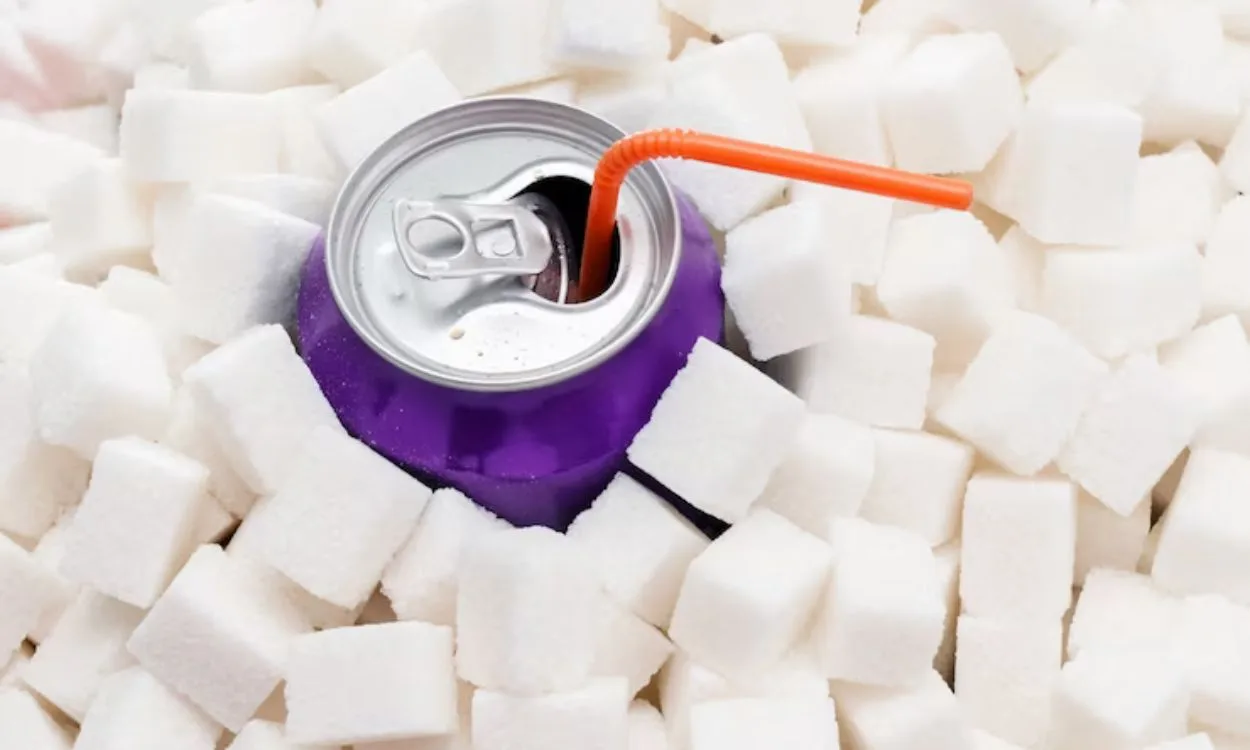The Truth About Artificial Sweeteners and Cancer: Separating Fact from Fiction
The topic of artificial sweeteners and their potential link to cancer has been a subject of debate and concern for many years. With the rise in health-conscious consumers and the quest for sugar-free alternatives, the use of artificial sweeteners has become widespread in various food and beverage products. However, the question remains: do aspartame and other artificial sweeteners cause cancer?
To shed light on this matter, we turn to the World Health Organization (WHO), which has classified artificial sweeteners, including aspartame, as potentially carcinogenic. This classification has sparked considerable interest and raised questions about the safety of these sugar substitutes.
Understanding Artificial Sweeteners
Before diving into the debate, let’s understand what artificial sweeteners are and why they are popular in the food industry. Artificial sweeteners, such as aspartame (E951) and sucralose (E955), are synthetic compounds that are intensely sweet, often hundreds of times sweeter than regular sugar. Due to their high sweetness potency and minimal calorie content, they have become a go-to choice for those looking to reduce their sugar intake and manage weight.
Are Artificial Sweeteners Carcinogenic?
The scientific community has taken a critical stance on the potential carcinogenicity of artificial sweeteners. In July 2023, the International Agency for Research on Cancer (IARC), a part of the WHO, classified aspartame as “possibly carcinogenic.” However, it is essential to note that the scientific evidence supporting this classification remains weak.
Studies involving rats, where a high dose of cyclamate was fed to the animals, have shown an association with bladder cancer. Nonetheless, such results have not been observed in humans, primarily because artificial sweeteners are typically consumed in much smaller quantities by humans compared to experimental animals.
Stefan Kabisch, a researcher at the Department of Endocrinology and Metabolic Medicine at the Charite Hospital in Berlin, emphasizes that the “possibly carcinogenic” classification should not significantly alter daily consumption. The recommended daily intake of up to 40 milligrams of aspartame per kilogram of body weight remains unchanged.
Insufficient Studies on Artificial Sweeteners
Another concern arises from the impact of artificial sweeteners on intestinal flora, the microorganisms present in our digestive tract. Some studies on mice have indicated disrupted intestinal flora and glucose metabolism after regular consumption of saccharin and sucralose. However, researchers like Kabisch point out that studies on artificial sweeteners often focus on only a few of the numerous sweeteners available, leading to inconclusive results.
The Fitpaa App: Empowering You with Knowledge
With all the information and controversy surrounding artificial sweeteners, it’s crucial to stay informed and make informed choices for your health. This is where the Fitpaa app can play a significant role in supporting your well-being journey.
The Fitpaa app provides personalized health and fitness guidance tailored to your specific needs and goals. Whether you’re trying to manage your weight, improve your overall health, or stay active, Fitpaa offers expert advice and custom workout plans that align with your lifestyle and preferences.
Staying Informed and Making Informed Choices
In conclusion, the debate on whether aspartame and other artificial sweeteners cause cancer is ongoing, with scientific evidence remaining inconclusive. As a responsible consumer, it’s essential to stay informed and consider the available research while making dietary choices.
For a holistic approach to your health, consider incorporating the Fitpaa app into your fitness journey. Empower yourself with personalized workout routines, meal plans, and expert advice that will help you make well-informed decisions for a healthier lifestyle.
Remember, knowledge is power, and with Fitpaa by your side, you’ll be equipped to make choices that support your overall well-being.









